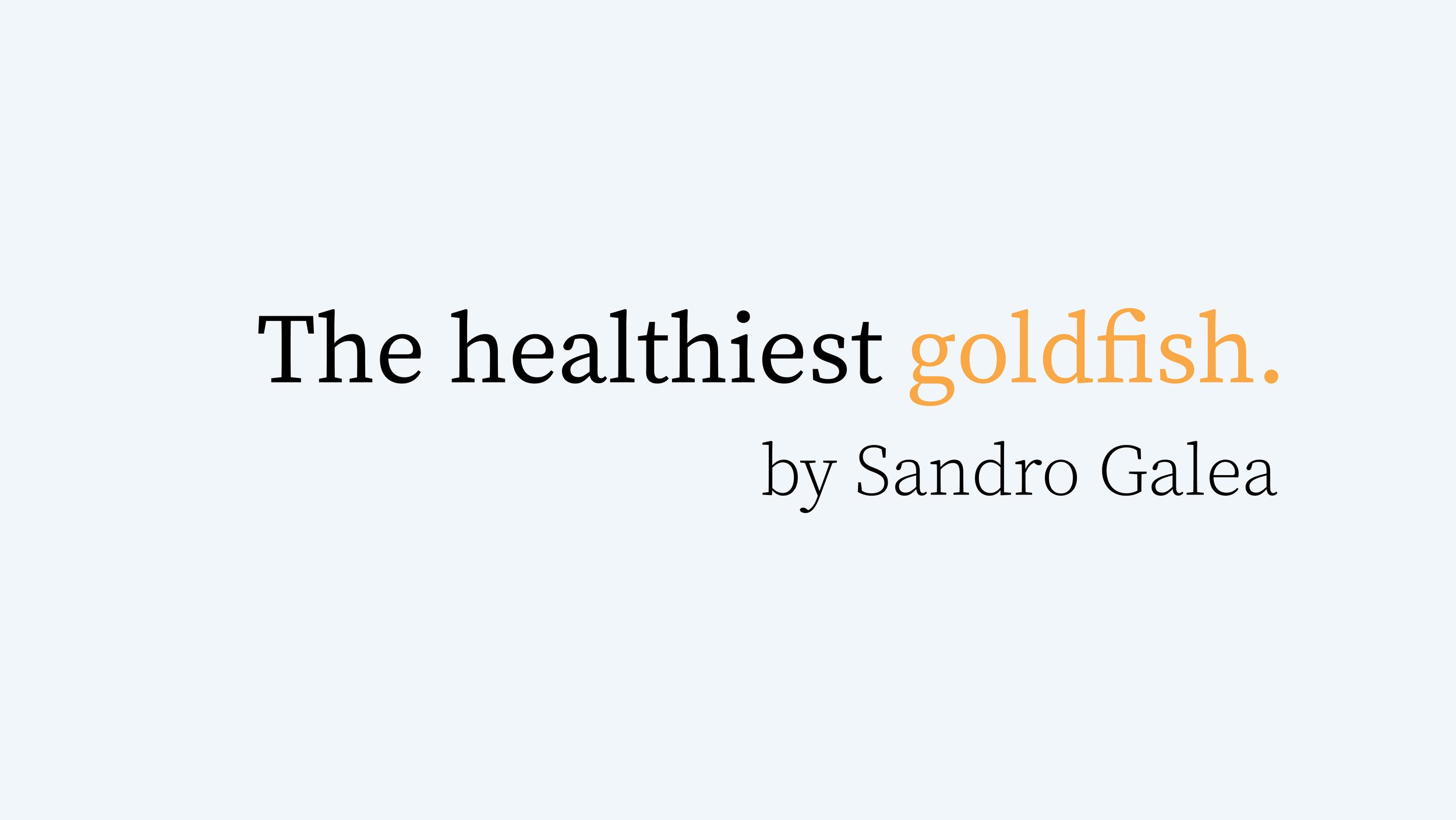On balancing a commitment to free expression with the values of civility, inclusivity, and respect for all.
Few subjects are as fundamental to our society as our engagement with speech. It concerns nothing less than the expression of the ideas that are at the heart of all we do. In recent weeks, there has been much conversation about, well, conversation—about the exchange of ideas in the public debate. Emotionally charged subjects like the Israel-Hamas war and the daily drama of politics in the US and globally have raised perennial questions about how we should conduct ourselves in the central debates of the moment. We are in a time when we continually face questions like: how can we have conversations that are inclusive and respectful, while honoring our commitment to free speech? What limits, if any, should we place on expression? How can we speak in ways that are true to all our values, not just some?
Read more here



